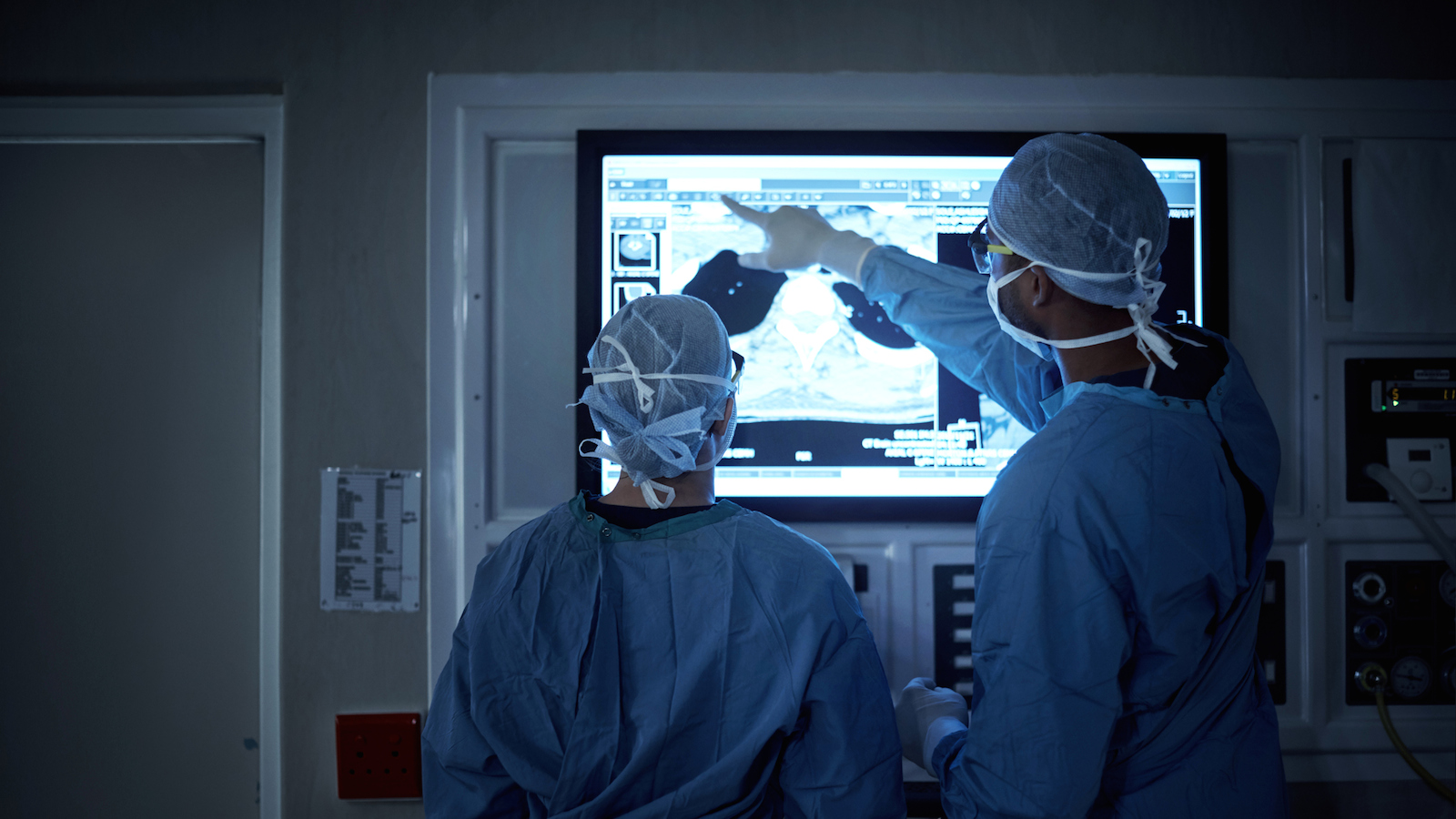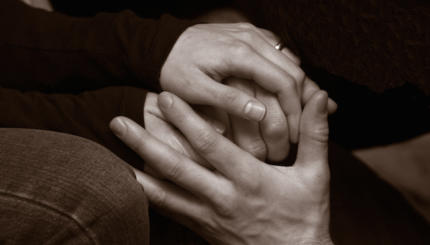According to rabbinic lore, there was no aging process until Abraham and no disease until Jacob (Babylonian Talmud [BT] Sanhedrin 107b). According to legend, death came instantly through a sneeze, returning to God the “breath of life” breathed in through the nostrils at creation (Genesis 2:7). This is the origin of responding with expressions meaning “To your health!” when someone sneezes.
Apocryphal or not, disease and injury have accompanied humanity ever since, with the transition from life to death becoming increasingly long and complicated.
Jews’ close connection to healing, both as patients and physicians, is ancient and rooted in both theology and history. In many religions in ancient times, and still in some today, the idea of medical treatment was anathema, even heresy. Disease, accident and deformity were considered no less parts of God’s creation than human beings themselves. Medical treatment was considered meddling with God’s work and will.
Judaism generally views medical treatment positively, even as an obligation, based on verses such as Exodus 21:19, commanding a injuring party to “surely heal” the person he has hurt, and Deuteronomy 4:15: “Take very good care of yourselves.” Maimonides (the outstanding 12th-century philosopher and talmudist of Spain and North Africa) viewed the provision of medical care as part of the duty to return to a person “anything he has lost” (Deuteronomy 22:3). There were once dissident voices that claimed that verses like Exodus 15:26 (“I am the Lord, your healer”) meant that disease was to be left to God and that the duty to heal in Exodus 21:19 was limited to human-caused injury, but this approach was never widely accepted.
With your help, My Jewish Learning can provide endless opportunities for learning, connection and discovery.
Jewish communities from early on accorded high status to the physician, and many leading rabbis and scholars–from the talmudic period through the Middle Ages and beyond–were physicians as well, including Maimonides. Also, in certain societies, particularly Europe in the Middle Ages and later, medicine was one of the few professions open to Jews.
The prominence of Jews as medical practitioners, researchers and teachers has continued into our time. 28% of the Nobel Prize winners for medicine have been Jewish (and 40% of the American winners).
The physician’s duty to heal is paralleled by the general duty to tend to one’s own health. The Talmud forbids one to live in a city where there is no physician (BT Sanhedrin 17b). One is not entitled to refuse medical treatment, except for a legitimate reason, and, following this logically, Judaism does not countenance suicide or permit one to help another commit suicide. People are not fully autonomous over their bodies and lives, but receive them from God and hold them in trust. However, Jewish scholars long ago distinguished between acts which shorten a person’s life and those which prevent the unnecessary delay of death. The latter are permitted.
There are limits, of course. Judaism does not sanction treatments, medicines or procedures that are overly experimental or speculative. There must be a reasonable chance of success or benefit. Similarly, a Jew is not allowed to undertake activities which clearly endanger health. The use of drugs, for example, is permitted in order to improve health or reduce pain; one is not required to suffer needlessly. However, the teachings of most authorities would prohibit the use of drugs taken for the purpose of providing a “high” or a mind-altering experience, because of the dangers involved to the user and others.
Judaism’s attitude towards a substance seems to be affected by when its danger was first perceived. The biblical references to alcohol (Noah’s intoxication, Genesis 9:21; praise for the Nazirite who abstains from alcohol, Numbers 6:3-4) suggest an early awareness of its danger. (Note, however Psalm 104:15: “wine gladdens a person’s heart.”)
Judaism’s response was to institutionalize the use of alcohol at moderate levels and in controlled circumstances, such as Kiddush (the prayer sanctifying the day) on Shabbat and festivals. The result seems to have been, until recently at least, a relatively low incidence of alcoholism within the Jewish community.
Smoking, on the other hand, has only recently been perceived as a serious danger; in prior centuries, it had even been praised. All rabbinical authorities today urge against it, but, because of its prevalence and the desire not to declare large number of Jews lawbreakers, only a few have actually ruled that smoking is a specific violation of Jewish law.



